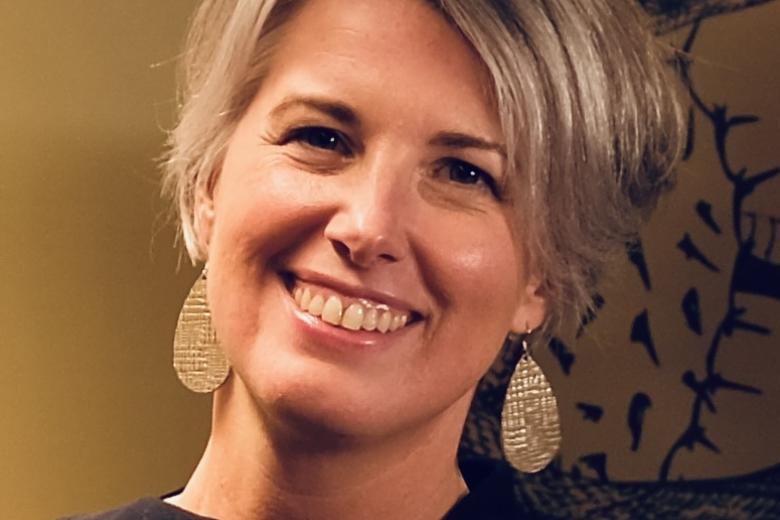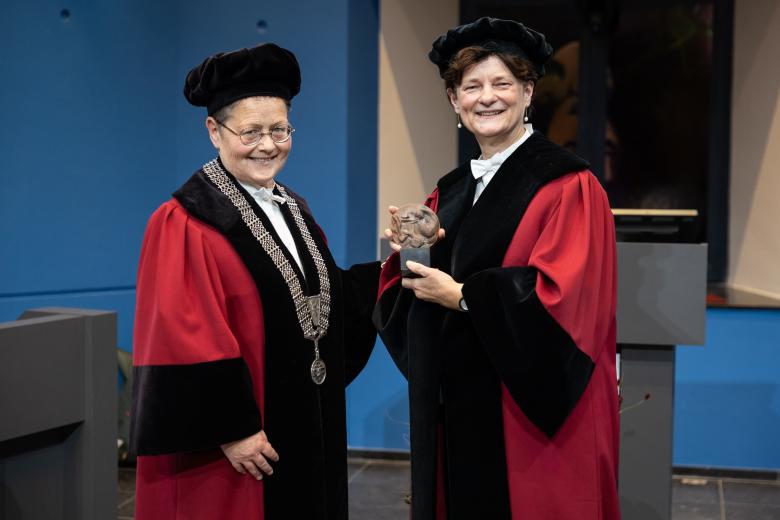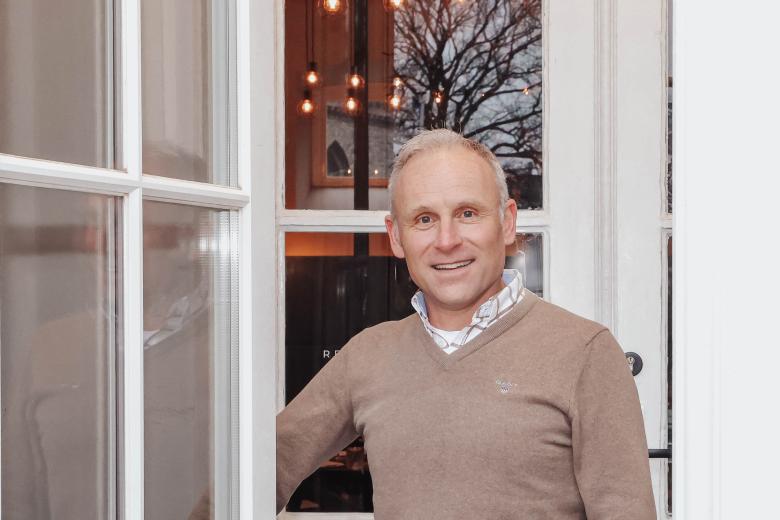Staying DEDICATED in times of COVID-19
In our project DEDICATED: Desired Dementia Care Towards End of Life, we focus on improving palliative care for people with dementia and their families. Normally, we would be working together on the development of a DEDICATED approach to empower nursing staff in providing palliative dementia care with a group of engaged and passionate nurses. They are at the heart of this development process. Of course, alike many other research projects, we are now pausing activities that involve time and efforts from these care professionals. They are indispensable to provide care to the best of their abilities during the COVID-19 pandemic.
The care for older adults, particularly for people with dementia living at home or in a nursing home, has become tremendously challenging. Frail older adults are at a higher risk of contracting COVID-19 and the infection poses a serious threat to their health and life. People with dementia may have difficulties understanding regulations concerning, for instance, social distancing or hand sanitizing, placing them at an even higher risk. People with dementia who live in the community need additional support to remind them of the regulations. At the same time, the social contacts and connection to the ‘outer world’ are challenged for people with dementia living in the community as well as in nursing homes. Informal caregivers often play a vital role in caring for people with dementia and their absence may disrupt the daily structure and support system.
In nursing homes, residents with dementia may not understand why they are not allowed to come near other residents or even leave their room. Some residents tend to wander around the corridors, and placing them in isolation can be a struggle. Once the Coronavirus finds its way into a nursing home unit, the odds are that it will spread rapidly and affect many residents. The damage done by the virus in nursing homes is devastating; COVID-19 unfolds rapidly, causing severe, life-threatening symptoms, while insufficient availability of infection control measures sometimes hinders family members to be present or to touch and be near infected residents. At its worst, families may not even get a chance to say goodbye properly or to spend valuable last moments with a dying relative. This is not only hard on families; nursing staff often have longstanding care relationships with residents and we must acknowledge their grief evenly. One of the DEDICATED nurses recently emailed us and she wrote:
“Regrettably, there is Corona on our psychogeriatric unit and we already had to say goodbye to some of our residents. This has a big impact on the other residents and informal caregivers, but it certainly has an impact on the staff as well.”
Even though caring for people with dementia in times of COVID-19 is challenging, the current crisis gives rise to many initiatives and creative ideas that shine a light into the darkness. The same nurse who emailed us also wrote:
“Besides sadness, we make room for joy as well. We try to make these tough times a bit brighter for residents and staff. For instance, we let the residents Skype with their families and we regularly have artists here to sing for us.”
On our DEDICATED LinkedIn page, we share initiatives that focus specifically on people with dementia. The things that individuals and organizations come up with are moving and inspiring. People are sending postcards and drawings to nursing home residents, children are handcrafting forget-me-not flowers (an international symbol for dementia-friendliness), musicians give away free performances, and researchers, experts, and care professionals from around the world are working together to search for ways to optimize care during the COVID-19 pandemic.
While our DEDICATED nurses and other care professionals are working around the clock to provide the best possible care, we - as a team of DEDICATED researchers - try to contribute from behind the scenes. We are currently working on a rapid scoping review of scientific and ‘grey’ literature to inform practice recommendations for nursing staff on providing palliative care for people with dementia at times of COVID-19. We aim to write both a scientific article in English and a Dutch version in which we emphasize the practice recommendations following from our review of the literature and the valuable input from palliative care experts and practicing professionals in the field. Moreover, we set out an invitation for anyone involved in the (formal or informal) care for a person with dementia during the COVID-19 pandemic, to share his or her story with us. We aim to make a short story collection to portray the unusual times in which we are all currently living, and its effects on people with dementia and their caregivers. Do you have a story to tell? Do not hesitate to email us!
s.bolt@maastrichtuniversity.nl
DEDICATED is a project of the Living Lab in Ageing and Long-Term Care. More information can be found on the website: www.academischewerkplaatsouderenzorg.nl/dedicated
Also read
-
Tanne van de Kreeke – a former lawyer turned epidemiologist
According to Tanne, a former lawyer and now part-time Epidemiology student, the quality of research in general would improve if more people had a better understanding of epidemiology and how the field relates to research methodology. Tanne is clear about the benefits of the master’s programme.
-
Prof. dr. Mirjam oude Egbrink awarded MUMC+-medal
During her farewell lecture on Friday, 28 November, Prof. Mirjam Oude Egbrink was awarded the MUMC+ medal by Dean Annemie Schols for her distinguished career.
-
Jeroen Hendriks: first professor of Nursing Sciences at MUMC+ in a long time
Jeroen Hendriks (CAPHRI) has been Professor of Nursing Science since last year and will deliver his inaugural lecture on 4 December 2025.